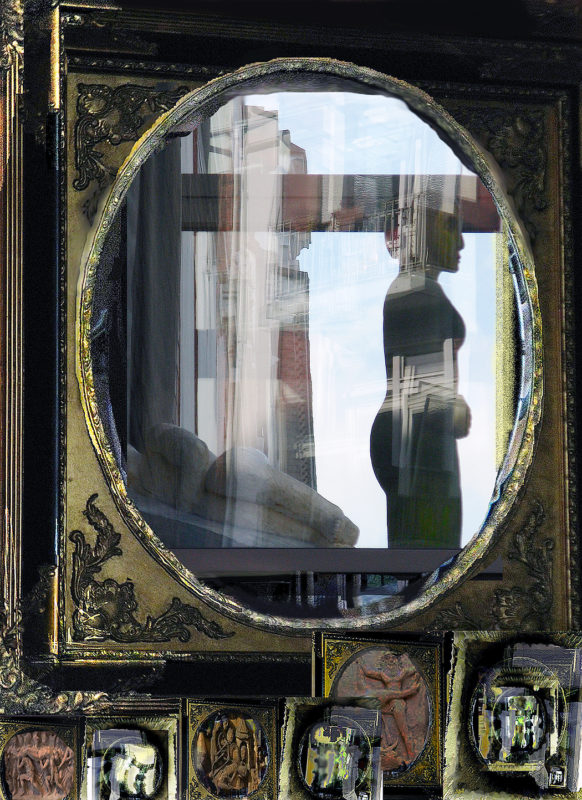The Psychological Immune System
· Simulated happiness - as good as the real thing ·

Yesterday I described how feeble we are at affective forecasting, the ability to predict how we will be feeling in the future. The impact bias has us think that there will be much more of an impact by both negative and positive events than what we are actually going to feel. Today I have something good to report (although in some ways it is also at the root of why we are not very good at predicting.)
Just as the body has a physiological immune system that works hard to keep us healthy, so has the mind. Our brain works on overdrive, although mostly in non-conscious processes, to help us change our views of the world so that we can feel better about the world in which we find ourselves. In Harvard psychologist Dan Gilbert’s term, we synthesize happiness, not just rationalizing the choice we made and the situation we find ourselves in, but experiencing positive affect in our brains for choices we’ve made. Here is a short TED talk that brilliantly explains it (https://www.ted.com/talks/dan_gilbert_asks_why_are_we_happy?language=en). I promise you’ll be astounded.
So you’ve made a choice, you are stuck with it, your liking increases steadily for the outcome. What if I gave you a chance to re-think your choice, though? You’d think with increasing freedom to choose, things would turn out better. They don’t. You are less happy with what you have if you constantly wonder about the alternatives and question consciously if you made the right decision. Multiple alternatives, in other words, do not only make you potentially indecisive, but they also undermine the psychological immune system that sets in when you are settled with something and try to make the best of it. Work that expands on this paradox of choice and has been much discussed lately is that of Barry Schwartz – it will make you rethink consumerism. More on that tomorrow.

Gilbert’s Harvard experiments, by the way, use art as stimuli, a selection of impressionist prints and choices between prints of photographs taken in a photography course. No wonder I became interested. In general, though, research into happiness is a hot topic in contemporary psychology.
